Astronomy
-
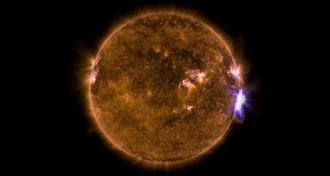 Astronomy
AstronomyThe sun’s strongest flare in 11 years might help explain a solar paradox
The sun tends to release its biggest flares at the ends of solar cycles — and we might finally be able to test why.
-
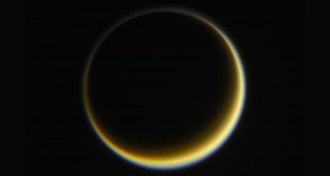 Astronomy
AstronomyFinal flyby puts Cassini on a collision course with Saturn
A “last kiss goodbye” with Saturn’s largest moon sent the Cassini spacecraft on its final trajectory into the planet’s atmosphere.
-
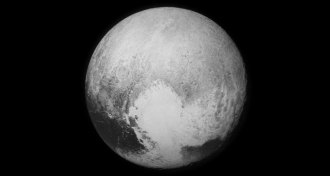 Astronomy
AstronomyPluto’s pits, ridges and famous plain get official names
From Adlivun to Voyager, the International Astronomical Union officially names 14 surface features on the dwarf planet.
-
 Planetary Science
Planetary ScienceReaders were curious about rogue planets, exomoons and more
Readers had questions about rogue planets, human arrival in Australia, and exomoons.
-
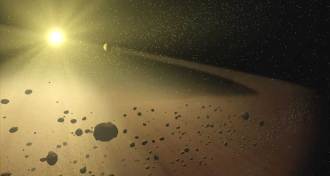 Astronomy
AstronomyTabby’s star is probably just dusty, and still not an alien megastructure
New looks at older data on the weirdly flickering Tabby’s star muddy possible explanations — but it’s still probably not aliens.
-
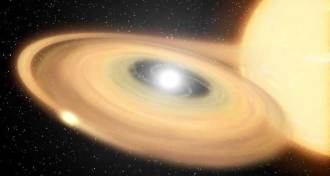 Astronomy
AstronomyStar that exploded in 1437 tracked to its current position
Astronomers have hunted down a star seen exploding in the year 1437 and traced it since, offering clues to the stages of a white dwarf.
-
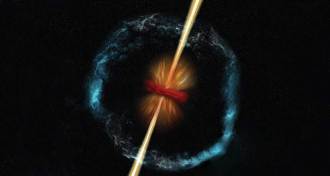 Astronomy
AstronomyRumors swirl that LIGO snagged gravitational waves from a neutron star collision
Telescopes seem to be following up on a potential gravitational wave sighting.
-
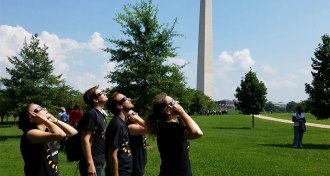 Astronomy
AstronomyHere’s what the Science News family did for the eclipse
On August 21, 2017, the path of a total solar eclipse went coast to coast across the United States. Here are our dispatches.
-
 Science & Society
Science & SocietyPatience is one virtue scientists must embrace
Acting Editor in Chief Elizabeth Quill discusses how being patient isn't always easy in scientific work.
-
 Astronomy
AstronomyInquiries about the moon’s twilight zone, and more reader feedback
Readers had questions about the moon's tidal locking, quantum communication, microneedles and more.
-
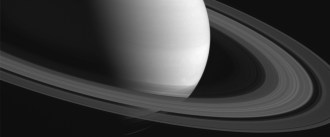 Astronomy
AstronomyAs Cassini’s tour of Saturn draws to a close, a look back at postcards from the probe
As Cassini prepares to plunge to its death, we celebrate the spacecraft's discoveries and breathtaking images of Saturn, its rings and moons.
-
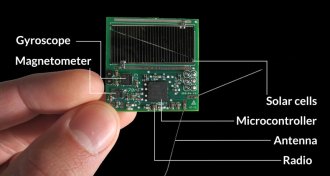 Astronomy
AstronomyThese chip-sized spacecraft are the smallest space probes yet
Space initiative dubbed Breakthrough Starshot sent the smallest spacecraft yet into orbit around Earth.